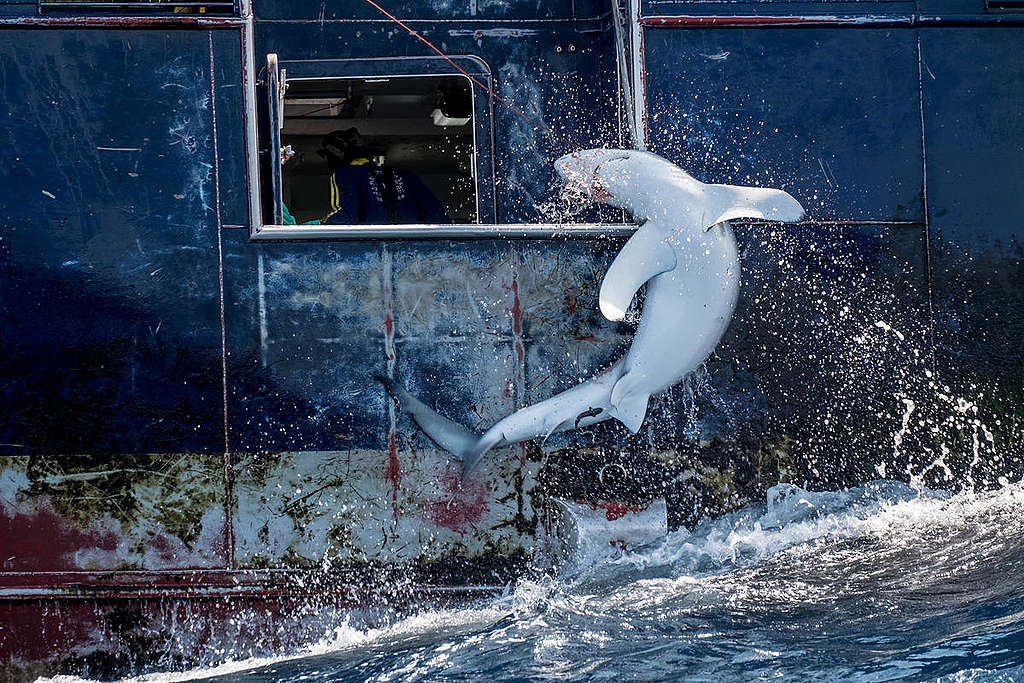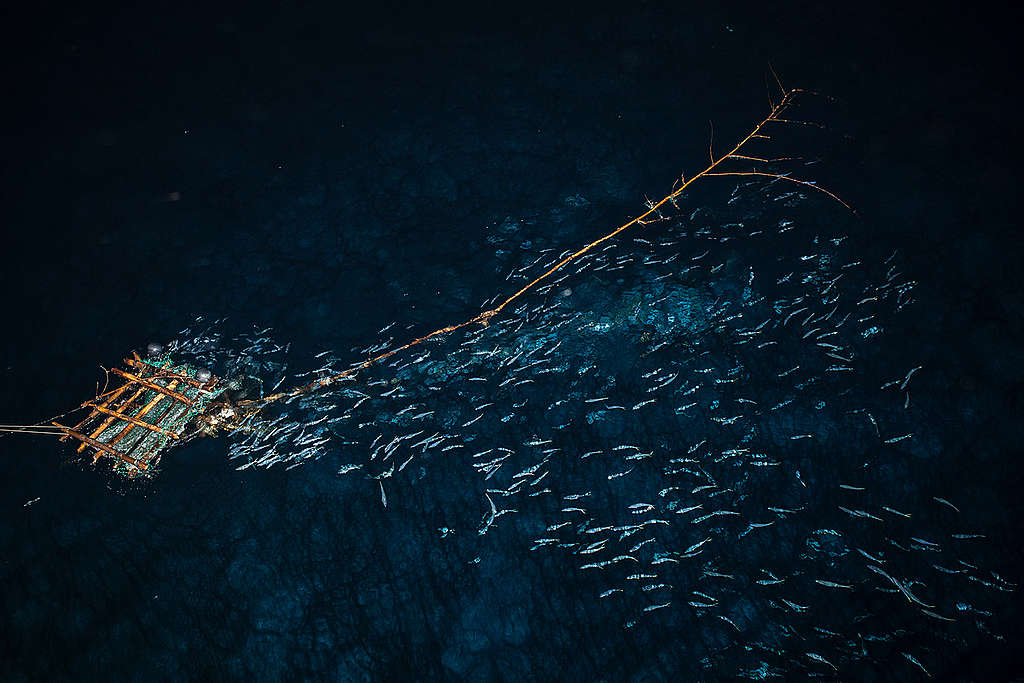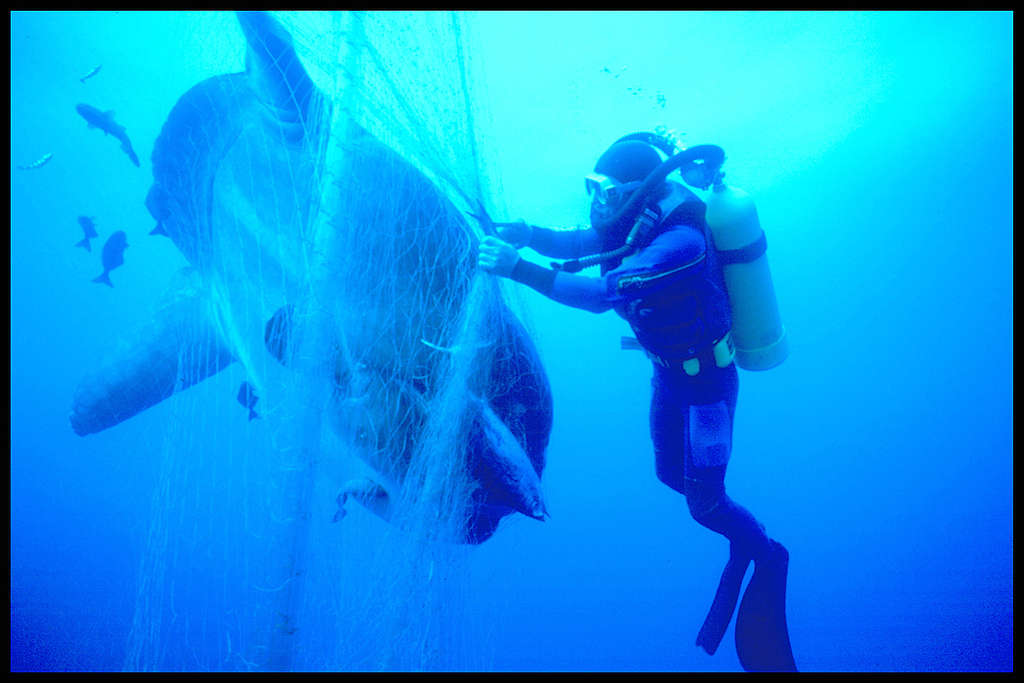Will McCallum
Shark fin soup is well-known. When we hear that 100 million sharks are killed every year by the fishing industry, some people may assume it’s because of shark fin soup. But these assumptions are just not true. Only focusing on shark fin soup crowds out other reasons sharks are in trouble, including a huge global market for shark products like meat and oil.
And there are other reasons we need to stop talking about shark fin soup. Blaming one dish lets everyone else off the hook, while unnecessarily targeting certain countries or groups of people as the main consumers. So it’s time for all of us to find out a bit more about the real reason sharks are being killed.

The overfishing of sharks is driven by international trade that goes way beyond their fins. In recent years the shark meat trade has rapidly expanded and shark products such as cartilage and oil all contribute to a market worth almost $ 1 billion per year. All the major fishing countries use destructive fishing practices that result in the killing of up to 100 million sharks every year and are in large part responsible for the 70% decline in shark populations globally over the past 50 years. Whether it’s the use of Fish Aggregating Devices together with huge purse seine nets by France and Spain in tuna fisheries, or illegal driftnet use by Iran and Sri Lanka, or longlines by South Korea, Japan, China or Spain (again!), or fishing for sport off the coast of the US, or even regular old trawling by practically every country with a coastline – shark fishing takes place everywhere. It’s just that most of it never hits the headlines.

When it comes to solving the problem of overfishing sharks, every country has got a role to play. From implementing strict limits to how many can be caught, to agreeing a target of at least 30% ocean protection by 2030. We must create a network of ocean sanctuaries across the world that would act as nurseries and feeding grounds for sharks and other wildlife, helping them recover from years of abuse. Even countries without a coastline can help: implementing strict rules around importing shark products like shark oil (which can be found in plenty of cosmetics), or fish-based fertiliser (which often includes shark in the ingredients). No single country, nor cuisine can be blamed for the staggering number of sharks being killed every single year – but every country can step up to solve this problem.

Sharks are a critical part of the ocean ecosystem, vital for ocean health and vital for the health of us and our blue planet. We all have a part to play in protecting them. Here at Greenpeace, that means we can no longer just campaign to Protect the Oceans and take action at sea to confront industrial fishing fleets. But we must also do more to raise awareness of the global trade in shark meat, oil and other products.
Wenjing Pan is oceans project manager at Greenpeace East Asia. Will McCallum is head of oceans at Greenpeace UK.

No comments:
Post a Comment
Note: Only a member of this blog may post a comment.